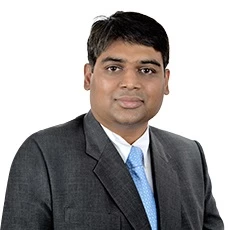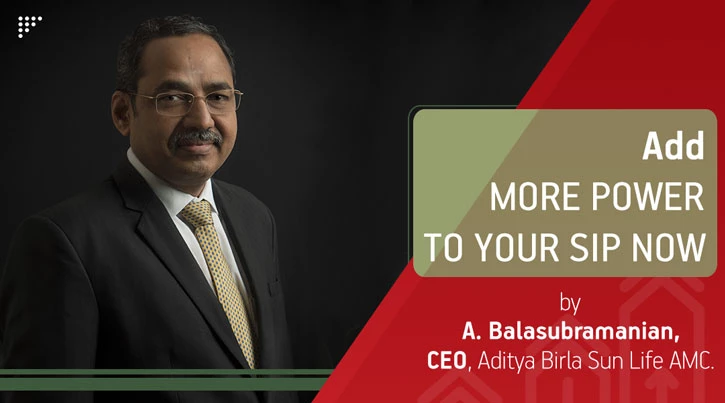-
Our Products
Our FundsTop Performing Funds
-
Self Care
Self-ServiceFind InformationWays To TransactPartner Solutions
-
Downloads
- Learnings
- About Us
-
More
-
Shareholders
-
Shareholders
-
Updates
-
-
Wealth Calculator
- Back
-
Shareholders
Rolling Stones Gather No Moss
Aug 26, 2019
5 mins
5 Rating
 Pranav Patel
Pranav Patel
I started my first SIP back in 2001-02. Most of you did not even know what a SIP is, at that time. I was aware of the advantages of long-term investments at a time when mutual funds had hardly gained any momentum in India. The most pertinent challenge I faced with the investors- the lack of clarity of the investment horizon.
A typical investor in Gujarat will first commit long term money and then get restless during short-term volatility. This made me adopt a method which involved getting to know your lifestyle, alternate incomes and priorities before suggesting an investment vehicle. And if you were still unclear, I’d typically suggest you start with a debt mutual fund scheme.
If you have invested in a scheme that has worked well for you then why do you need to look at new ones? Retail clients are more fixated on new funds. It has taken me a bit of time but I am still in the process of trying to change my investors’ mindsets about investing in every mutual fund scheme available.
Beauty is in simplicity
Unlike complicated portfolios constructed for the sake of creating differentiation elsewhere, I believe in creating a straightforward strategy and then sticking to it. Also, taxation is my thing and I prefer informing you about your risk-adjusted returns which project a more realistic picture.
Risk is defined by time, not the asset class
What is investment risk, after all? It is the fear of losing the money you own by investing it wrongly. But look at the paradox- for greater returns you need investments that involve risks. So, how do you strike a balance? By defining your financial goals and investment horizons, to begin with.
Risk is not akin to equity. No asset class equals risk. If there is anything that equals risk, it is the time period of investment which is where most of us make mistakes. Our investments must be divided on the basis of different time horizons which then further decides where your money will be invested in.
For example, Equity can be risky in short-term and hence calls for a longer investment horizon. The same scenario is opposite for a conventional investment vehicle, wherein risk increases with time due to inflation and tax-adjusted returns.
Therefore, we do not recommend a single fund to you; rather we build a portfolio for you with different time horizons.
So long, investors!
I think we at times prolong our investment decisions more than required. If you have a corpus, decide how much of it can you invest for long-term and do it immediately. We need to plan our savings first and then decide the room for expenditure whereas most of us do it the other way around.
I’d like to leave you with a thought. There is a reason only a small percentage of investors in this country who end up making money while the rest are busy following the herd. Like everything else in your life, your investments also need to be logical. Just having invested is never enough; what matters more is how efficiently you have invested considering your goals, risk appetite and investment horizon.
Mutual Fund investments are subject to market risks, read all scheme related documents carefully.
Similar Articles





 1800-270-7000
1800-270-7000









